CEO survey 2020: Reform drive key to Covid recovery
Australia’s most powerful chief executives believe the nation’s low COVID-19 numbers have created a world-leading opportunity to secure a strong recovery.
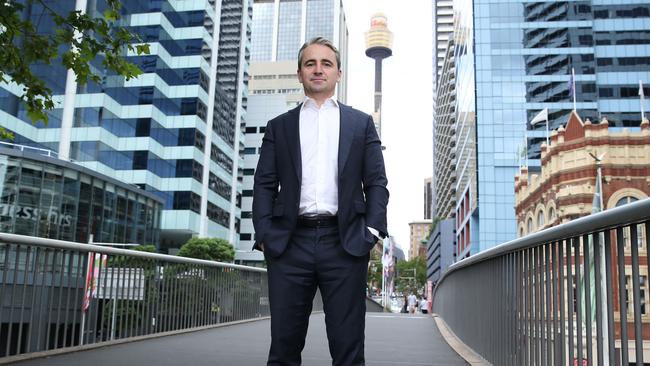
Australia’s most powerful chief executives believe the nation’s low COVID-19 numbers have created a world-leading opportunity to secure a strong recovery, but warned political leaders will need to maintain the co-operation that suppressed the virus and pursue ambitious reforms to underpin prosperity.
A survey by The Weekend Australian of chief executives of more than 80 of the nation’s largest and most influential companies finds “cautious optimism’’ about the economy’s prospects next year.
But to achieve this, reforms to tax, industrial relations, education, childcare, aged care, infrastructure and skills development would need to be pursued.
CEOs said the pandemic had accelerated by years the take-up of digital technology, initiated work-from-home practices that would likely be permanent and revived home cooking.
Commonwealth Bank chief executive Matt Comyn said: “Given our relative outperformance against both health and economic measures, Australia has a unique window of opportunity to bring highly skilled migrants into the country, including expats who have been overseas.
“A variety of reforms can make Australia an even more attractive destination. Reforms can also help bring more dynamism and productivity into the economy — for example, following the lead of NSW beginning to remove inefficient taxes like stamp duty mean that capital can move more freely in the economy.’’
Chief executives praised the performance of state and territory leaders in handling the once-in-a-century economic shock but urged them to tackle roadblocks to growth such as cutting regulatory impediments to business and inefficient taxes.
BHP chief executive Mike Henry said that while many individuals, businesses and sectors had been acutely affected by COVID-19, “the economy has fared better than many nations due to decisive government action to bring the pandemic under control and to soften the impact through stimulus, as well as the strength of our exports’’.
But he warned: “The road to full recovery will be long. Reforms that support skills, job creation and global competitiveness will be critical. They go hand-in-hand and will enable the business-led economic recovery that the government has called for. Skills, training and education will help businesses to create more job opportunities across Australia — especially in regional areas.
“Tax competitiveness remains fundamentally important to our investment decisions, and sustainable tax reform will directly support a business-led recovery. Global competition for capital will only increase and fiscal settings must be competitive for capital investment.’’
Mr Henry said he was hopeful that Australia’s mutual interests with China would see diplomacy prevail.
Woolworths chief executive Brad Banducci said he was “cautiously optimistic’’ about the shape of the Australian economy heading into the new year. He called for regulatory and industrial relations reform.
“We think there is a real opportunity to streamline the industrial relations framework, and to do so in a balanced and pragmatic fashion,” Mr Banducci said. “There is no doubt our IR system is capable of delivering much better outcomes. We would welcome a continued focus on government initiatives to fast-track business investment, so we can create new jobs faster, including in regional areas where we have a major footprint.”
Seek chief executive Andrew Bassat said the jobs market appeared to be recovering.
“Our data shows a good improvement in ad volumes driven by rehiring of lost roles and underlying economic growth,” Mr Bassat said. “We are now seeing Australia’s ad volumes at circa 90 per cent-plus of pre-COVID-19 levels.’’
He said businesses also needed to play their part “and pivot from cost-out to more aggressive long-term investment’’.
Coles chief executive Steve Cain said it was important the economy was allowed to build up momentum before stimulus measures were removed.
He called for industrial relations reform aimed at boosting flexibility and productivity, and making the approval of enterprise agreements simpler and faster. But he said the pandemic had also revived home cooking. “We think people will continue to do more of that, particularly if the economy takes some time to recover and people are eating out less often,’’ Mr Cain said.
Qantas chief executive Alan Joyce said the economy appeared to be “extremely resilient’’. “Since borders started opening up, we have already had millions of people book a domestic flight with Qantas and Jetstar. That gives us great confidence going into the new year,’’ he said.
He said the government’s industrial reforms needed to provide more flexibility and certainty and the nation needed to “genuinely tackle climate change’’.
While Mr Joyce said he expected some people would use video conferencing instead of meeting in person, which was a fundamental change for an airline, “we don’t think that shift is going to be as profound as some might assume’’.
Sydney Airport chief executive Geoff Culbert was confident people would return to business travel. “While Zoom has been critical for keeping people together this year, I don’t think it will materially change the need or desire for people to get on planes,’’ he said.
Macquarie Bank chief executive Shemara Wikramanayake, said that, despite experiencing a sudden shock to economic activity, the economy had in recent months demonstrated underlying resilience, “ending the year in a much better place than many of our advanced economy peers’’.
“Historically low interest rates are providing opportunities for infrastructure investment, including in social and digital infrastructure. There are also global opportunities for governments to work together to accelerate structural shifts such as the transition to a low carbon economy,’’ she said.


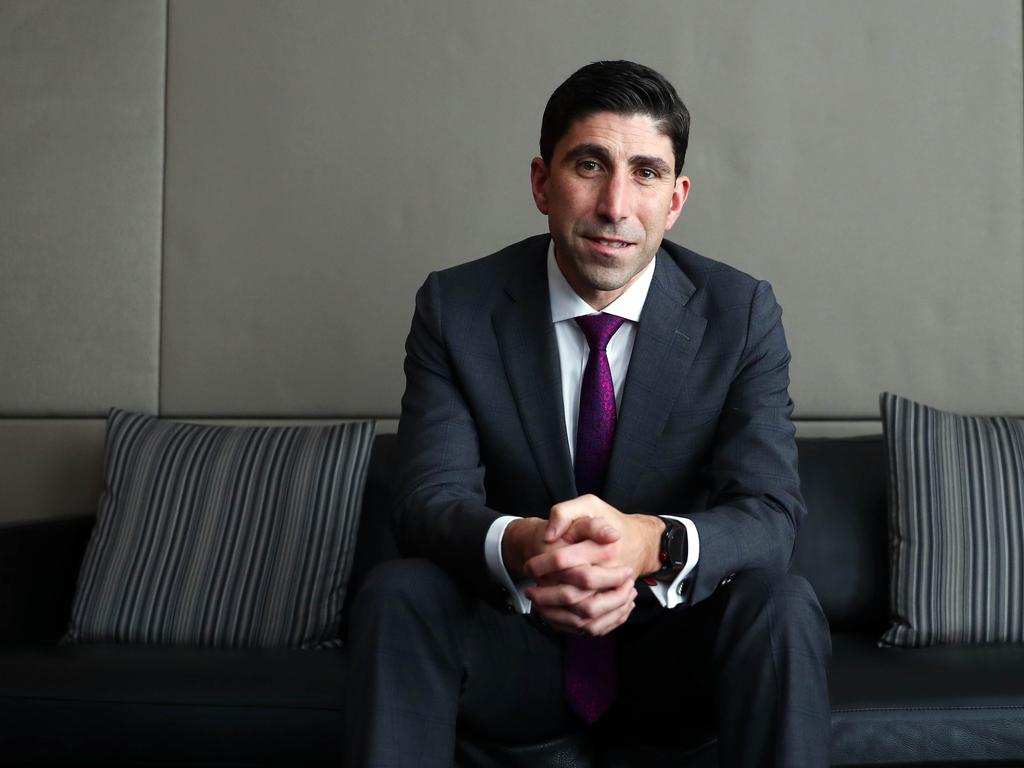
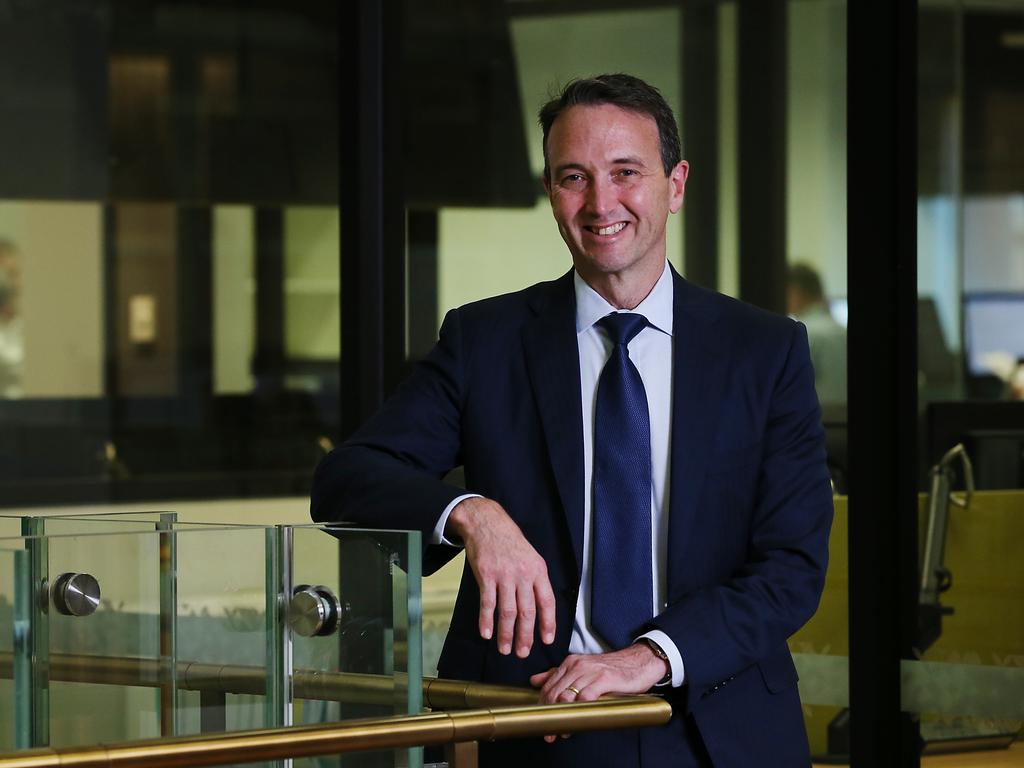
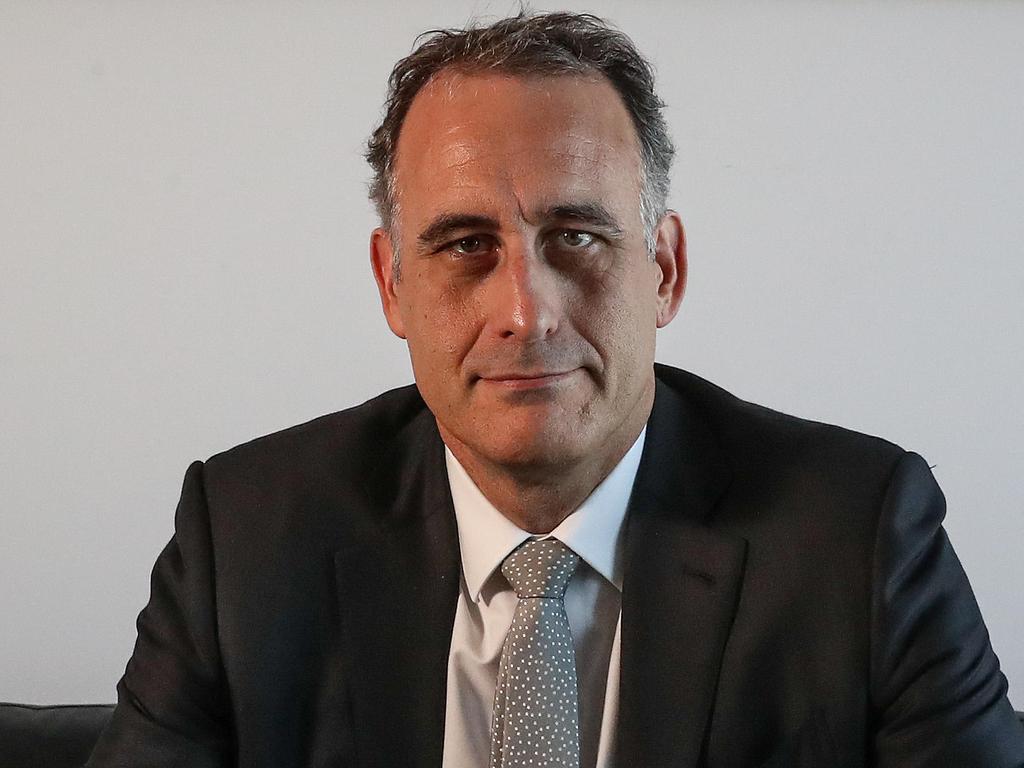
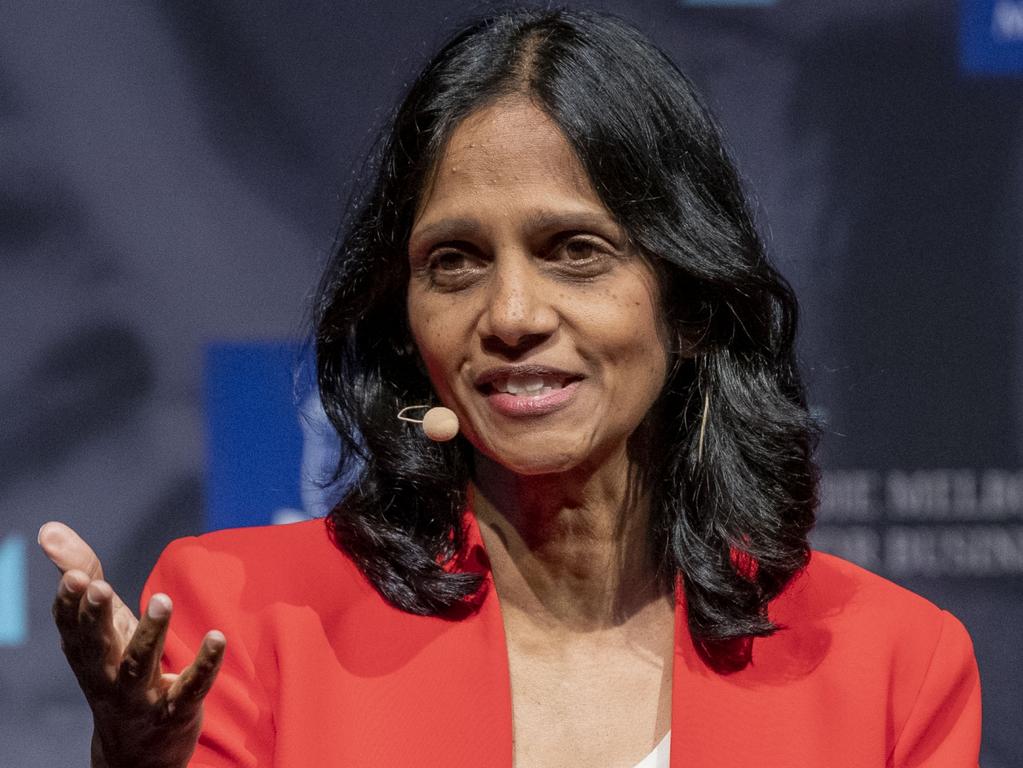


To join the conversation, please log in. Don't have an account? Register
Join the conversation, you are commenting as Logout